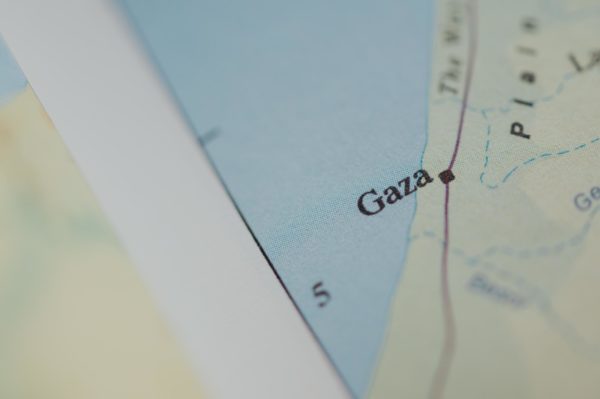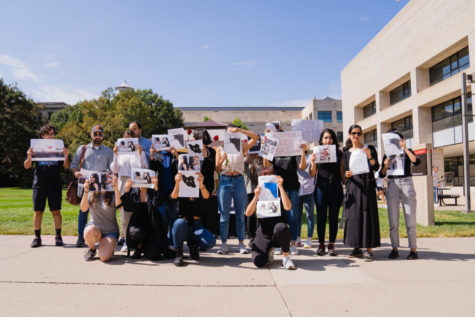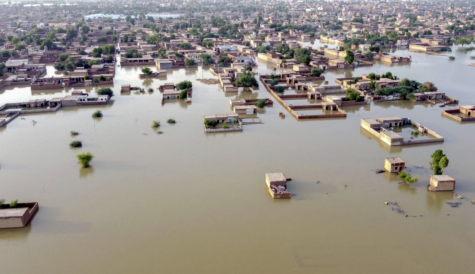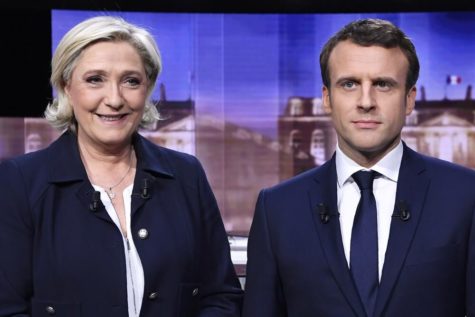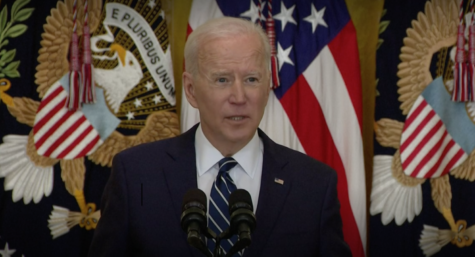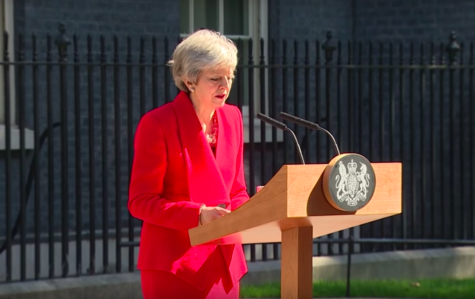Officials: Greek prime minister set to resign
November 9, 2011
Greek Prime Minister George Papandreou will hand in his resignation to the country’s president Wednesday, his office has confirmed, following days of talks on forming a new government.
Papandreou will first give a televised address to the nation, in which he will talk about what’s been achieved in the past two years and how a new chapter now begins for Greece, his office said.
He will then go to the presidential mansion to tender his resignation to President Karolos Papoulias.
Earlier Wednesday, Papandreou updated French President Nicolas Sarkozy on the “imminent” formation of a coalition government, the latter’s office said.
In a phone call, Papandreou told the French leader that the new government would have support from the majority and the opposition, the Elysee Palace said in a statement.
The latest updates come a day after the prime minister said he was optimistic about the formation of a new government amid thorny discussions.
Papandreou and the main opposition leader, Antonis Samaras, have been locked in talks on who might lead the new government.
Rumored contenders include Lucas Papademos, a former vice president of the European Central Bank and ex-governor of the Bank of Greece, currently a visiting economics professor at Harvard University.
The political turmoil in Greece has shaken international markets, as investors fear a new bailout deal negotiated with European leaders late last month – which has stringent austerity measures attached – may not be implemented.
Christine Lagarde, managing director of the International Monetary Fund, warned Wednesday of the potential for a “lost decade” if the world’s nations do not join forces against the “dark clouds” gathering on the horizon.
“The global economy has entered a dangerous and uncertain phase,” she said, addressing the 2011 International Finance Forum in Beijing.
“If we do not act, and act together, we could enter a downward spiral of uncertainty, financial instability, and a collapse in global demand. Ultimately, we could face a lost decade of low growth and high unemployment,” Lagarde said.
She said Asia was a “real bright spot” but that it was not immune to the troubles elsewhere.
Steps taken by Eurozone leaders meeting last month and at the G-20 summit in Cannes, France, last week are encouraging, she said, but serious risks remain.
“In our increasingly interconnected world, no country and no region can go it alone. We are bound together by our economic success – or failure,” she said.
China – the largest holder of foreign currency reserves in the world – disappointed many European leaders last week when it made clear it was not keen to contribute substantially more to Europe’s bailout fund, the European Financial Stability Fund.
While the fund is large enough to bail out Greece, it does not have the resources to rescue a larger economy like that of Italy, currently under pressure from the markets because of its large debt pile.
European finance ministers announced Monday that they have requested assurances in writing that Greece’s new government will stick to austerity agreements made by the outgoing government.
According to the state broadcaster, Greek Finance Minister Evangelos Venizelos told the Cabinet meeting that those expected to sign will include the new prime minister, the new finance minister, Papandreou and Samaras, and the current governor of the Bank of Greece.
Without the letter, the broadcaster said, the next tranche of bailout money from a 2010 deal will not be released.
Political turmoil in Greece last week over the controversial bailout led to wide uncertainty in financial markets in Europe and beyond.
Papoulias announced this week that Papandreou would step down from his post as prime minister.
Elections will be held after the bailout is implemented, most likely Feb. 19, Venizelos said.
CNN’s Elinda Labropoulou and Andrew Carey in Athens contributed to this report.






